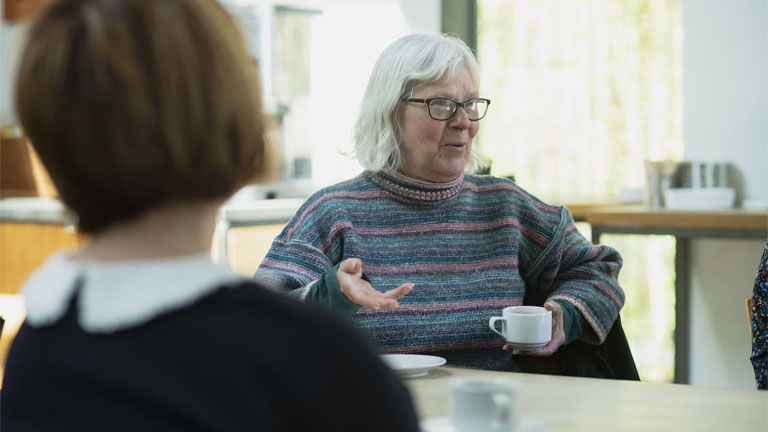Thanks to advances made in the field of medicine, people are living longer than they did 20 or 30 years ago. While this is generally a good thing, it also presents a dilemma of an aging population which has to be taken care of.
Taking care of your aging parents can be challenging when you already have work commitments and a family of your own to take care of. With age, comes inevitable physical and mental decline and you will discover that your elderly parents need help with tasks they could do by themselves in their younger years.
Geriatric care
Generally, the metabolism starts to slow down from the age of 40, and aging is characterized by muscle loss, weight gain, and reduced bone density heightening one’s risk of developing lifestyle diseases. The immunity also decreases making one prone to common diseases and infections.
Senior citizens above the age of 65 need specialized care. At this age, most people can still take care of themselves although there is evidence of physical degeneration. As the years go by, the responsibility of taking care of your parents grows from the occasional phone call to having to drive them to their doctor’s appointments and physically take care of them. This is definitely time-consuming and even emotionally draining.
Ultimately, they will need a personal doctor to take care of them. Most retirement homes usually have doctors in their roaster but you will need to hire one if they choose to stay at home. You can check doctor rates in the Healthcare Salaries Guide and see how that works into your budget.
Social company
Feelings of loneliness can significantly impact your parent’s health and longevity. If they stay alone, visit them often, and if you can, hire a caregiver to keep them company and watch over them as well.
While they may have the company of their peers in a retirement home, this is not an excuse for you not to visit. Visit regularly and spend some quality time with them. Social communication, and making sure your loved ones are in a comfortable environment can make a great life for seniors. Making sure your loved ones are happy in their elder years will only add to your own sense of happiness, knowing they are happy and safe.
Exercise
Regular exercise is important for senior citizens. Encourage your parents to take up jogging or even light strength training to stay healthy.
Regular physical activity improves blood flow across the body and to the brain which is important in arresting cognitive decline and keeping age-related mental health issues like memory loss and Alzheimer’s disease at bay.
It also alleviates stress and lowers the production of cortisol while increasing the production of endorphins and dopamine. This increases feelings of happiness and can help deal with anxiety.
Regular exercise also improves digestion in elderly people, increases their metabolism, and improves the absorption of calcium and other minerals into their bones. This helps in maintaining a healthy body weight, and posture, fighting muscular degeneration, and warding off osteoporosis which increases one’s risk of suffering fractures.
Additionally, exercise also improves immunity which is important in fighting infections and managing chronic conditions as well as decreasing the healing time in case of sickness or injury.
Nutrition
The importance of nutrition in old age cannot be gainsaid. What they eat affects their digestion, metabolism, and overall health.
It becomes particularly important for elderly people’s meals to have generous portions of leafy vegetables, fruits, and proteins.
Vegetables and fruits contain vital nutrients like vitamin C and potassium which are important in keeping the body healthy. Proteins help contain the inevitable muscle loss that comes with age.


